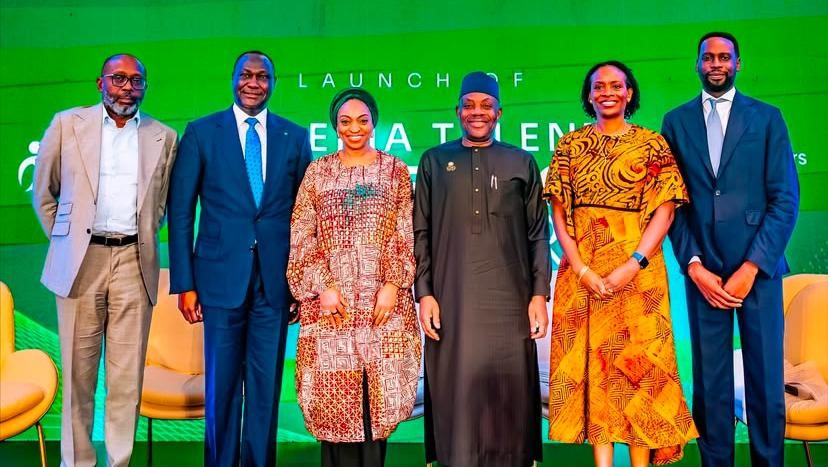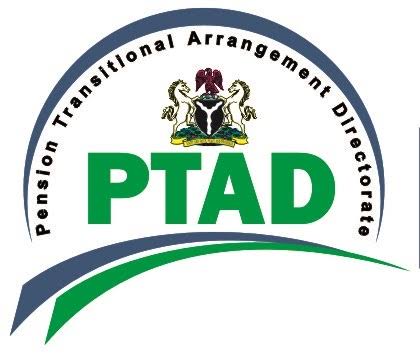
The Federal Government has launched the Nigeria Talent Accelerator Network to strengthen the nation’s workforce, bridge critical skills gaps, and drive digital transformation. The initiative was unveiled on Wednesday in Lagos as part of Nigeria’s participation in the World Economic Forum’s (WEF) Reskilling Revolution.
Speaking at the launch, the Minister of Industry, Trade and Investment, Dr. Jumoke Oduwole, said the programme is co-chaired by the Federal Ministries of Industry, Trade and Investment, and Education, and coordinated by the National Talent Export Programme (NATEP). She described the initiative as “a decisive step towards building a globally competitive workforce capable of driving the next phase of Nigeria’s industrialisation and innovation.”
“The Nigeria Talent Accelerator Network represents a turning point in connecting policy, industry, and education,” Oduwole said. “It will create a unified platform for driving employability, productivity, and inclusive economic growth.”
The Minister of Education, Dr. Maruf Alausa, stressed the importance of aligning education and vocational training with labour market needs. He said the initiative would equip young Nigerians with future-ready skills and make them globally competitive.
“This Accelerator will serve as a platform for collaboration among government agencies, private sector leaders, academic institutions, and civil society,” Alausa said. “Together, stakeholders will co-create scalable solutions to reskill and upskill the Nigerian workforce.”
The National Coordinator of NATEP, Ms. Teju Abisoye, explained that the network would focus on developing digital and transferable skills to support emerging sectors such as technology, business process outsourcing, and green industries. She noted that public-private partnerships would be mobilised to fund and scale reskilling programmes, enabling workers to move into high-demand roles.
“It will also build data-driven systems to anticipate future skills needs and inform responsive policymaking,” Abisoye added.
Welcoming the launch, the Managing Director of the World Economic Forum, Ms. Saadia Zahidi, said Nigeria’s participation underscores the country’s commitment to workforce readiness and human capital development. She explained that the WEF’s Reskilling Revolution aims to provide better education, skills, and economic opportunities to one billion people globally by 2030.
“Nigeria’s involvement reflects a shared commitment to equip individuals with the capabilities needed to thrive in a rapidly changing global economy,” Zahidi said. “The Accelerator complements ongoing national reforms aimed at diversifying the economy, deepening innovation capacity, and driving broad-based prosperity.”
The Nigeria Talent Accelerator Network aims to mobilise multi-stakeholder partnerships to reshape talent development, preparing local professionals to meet the demands of the modern economy while positioning Nigeria as a globally competitive talent hub.











